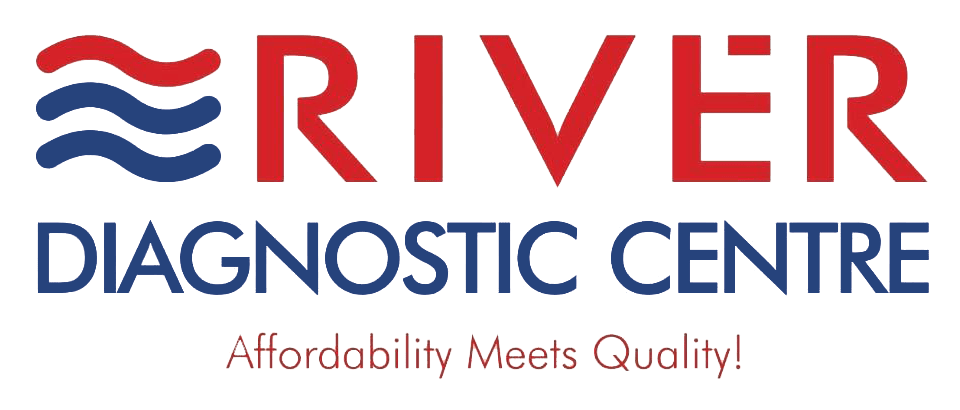Serology is the branch of laboratory medicine that focuses on the study of serum and other bodily fluids to detect the presence of antibodies, antigens, and immune complexes. It plays a crucial role in diagnosing infectious diseases, autoimmune disorders, and assessing immune responses. Here’s an exploration of serology:
- Definition: Serology involves analyzing serum (the clear, yellowish fluid that separates from blood after clotting) to detect antibodies produced by the immune system in response to pathogens or antigens.
- Antibodies: Antibodies, also known as immunoglobulins (Ig), are proteins produced by immune cells in response to specific antigens (foreign substances like bacteria, viruses, or toxins).
- Types of Serological Tests: Common serological tests include:
- Antibody Detection: Detecting antibodies against specific pathogens to diagnose infections (e.g., COVID-19 antibody tests).
- Antigen Detection: Identifying antigens of pathogens directly (e.g., hepatitis B surface antigen).
- Autoantibody Tests: Detecting antibodies against the body’s own tissues in autoimmune diseases (e.g., anti-nuclear antibodies in lupus).
- Diagnostic Applications: Serology is used to diagnose viral infections (e.g., HIV, hepatitis), bacterial infections (e.g., syphilis), parasitic diseases (e.g., malaria), and autoimmune conditions (e.g., rheumatoid arthritis).
- Immune Response Monitoring: It helps monitor immune responses after vaccination or during treatment to assess antibody levels and immunity.
- Serological Techniques: Techniques include enzyme-linked immunosorbent assay (ELISA), Western blotting, and rapid diagnostic tests (RDTs), which provide quick results for point-of-care testing.
- Epidemiological Studies: Serology is essential in epidemiological studies to understand disease prevalence, transmission dynamics, and immunity within populations.
- Quality Control: Ensuring accurate and reliable serological test results involves strict quality control measures, validation of assays, and proficiency testing.
- Challenges and Considerations: Interpretation of serological results requires understanding antibody kinetics, cross-reactivity, and potential for false-positive or false-negative results.
- Future Directions: Advances in serology include developing multiplex assays for simultaneous detection of multiple antibodies, improving sensitivity and specificity of tests, and integrating serological testing with other diagnostic modalities for comprehensive patient care.
Serology plays a pivotal role in infectious disease management, public health surveillance, and understanding immune responses, highlighting its significance in clinical practice and research.


